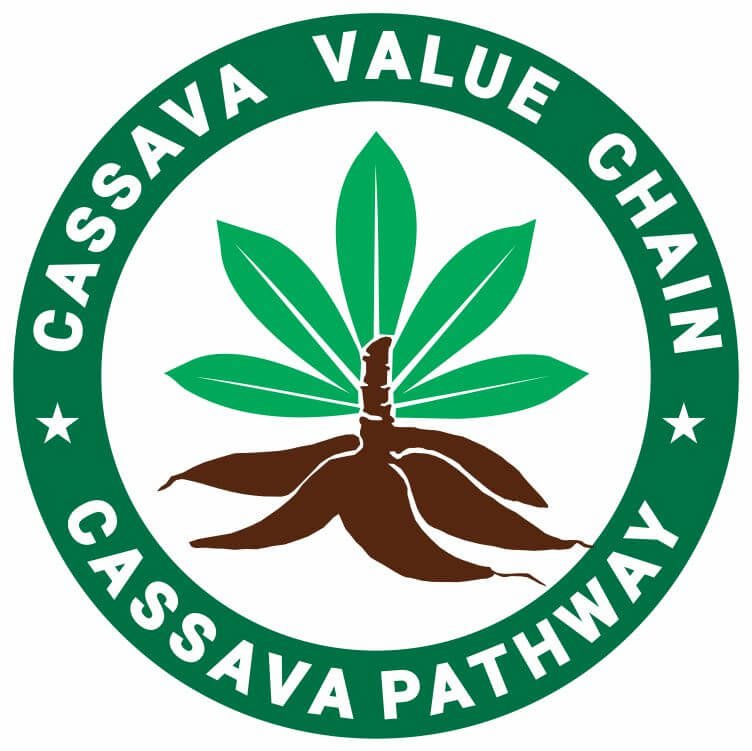The importance of education and training for cassava farmers cannot be overstated, as these initiatives play a central role in improving agricultural productivity and sustainability. And that is one of the services we offer at Cassava Pathway.
Well-structured training programs provide farmers with the knowledge and skills necessary to adopt best practices in cassava cultivation, ensuring that they can effectively manage their crops and mitigate potential risks.
These programs cover a range of essential topics, including crop management, pest control, soil health, and post-harvest techniques.
One of the key focus areas within these training sessions is the implementation of integrated pest management (IPM) strategies.
Farmers learn how to identify pest and disease symptoms early, which is vital for minimizing losses.
Also, courses on soil health shed light on soil fertility management practices, helping farmers understand the significance of organic matter and nutrient balance in promoting healthy cassava growth.
Incorporating site-specific recommendations, these training programs also prioritize the adaptation of cultivation techniques based on local environmental conditions, promoting resilience against climate variability.
Moreover, practical methodologies are a staple of these educational programs. Hands-on demonstrations, field visits, and participatory workshops encourage an interactive learning environment where farmers can ask questions and engage with experts.
Additionally, the incorporation of digital tools and resources further amplifies the reach of these initiatives, making information more accessible to farmers across different regions.
By offering tailored training solutions, these programs not only aim to elevate productivity among participants but also encourage a shift towards more sustainable farming practices.
In conclusion, Cassava Pathway is keen on investing in educational and training programs for cassava farmers, providing them with vital resources that enhance their farming practices.
Through knowledge dissemination and practical application, these initiatives are instrumental in driving sustainable growth in cassava agriculture.

